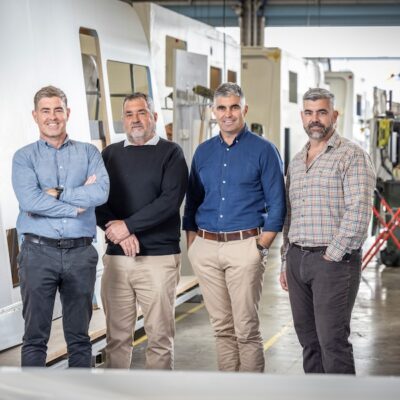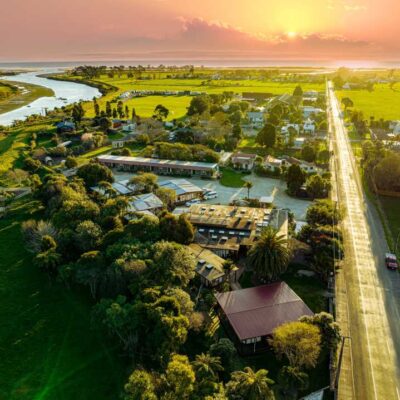South Island employment lags behind North Island; Queenstown could surprise
As New Zealand leaves Covid-19 Level 2, the upper North Island emerges in a stronger position employment-wise, according to an industrial recruitment company. Tradestaff, which supplies temporary and permanent workers […]
As New Zealand leaves Covid-19 Level 2, the upper North Island emerges in a stronger position employment-wise, according to an industrial recruitment company.
Tradestaff, which supplies temporary and permanent workers to the trades and industrial sectors and has 12 offices throughout New Zealand (Auckland to Queenstown), said in a media release that the number of placements in the South Island had dropped by 20 percent compared with the North Island.
Kevin Eder, Tradestaff managing director, said that the top of the North Island, the so-called Golden Triangle, is definitely the strongest from an employment perspective, the central to lower North Island hasn’t changed in relation to the rest of the country while the South Island lags behind.
“Auckland is still quite busy due to the large projects that are under way there, as well as the long-term infrastructure jobs, some of which are in their early stages.
“However, we expect a deluge of candidates coming to market in the next few weeks and winter might be tight, but clients are suggesting spring and summer still look good.
“Tradespeople appear busy, but it is the mostly lower skilled workers who are looking for employment,” he said.
Eder said that the central North Island, including Tauranga and Hamilton were buoyant through lockdown, mainly driven by the quantity of private investment in construction and manufacturing still being very busy.
“The timber industry has come back strong and evidence of timber coming and going from the Port of Tauranga would suggest they expect it to stay that way, but unfortunately tourism in the likes of Rotorua has hurt.”
Christchurch has slowed the most of the major centres, being noticeably quiet across most sectors.
“Pre-Covid, there was lots of optimism around the convention centre and cruise ships, but that enthusiasm has mostly died with the big drop in the tourism sector. Also, local construction companies all report that not much is happening in the private and commercial space,” he said.
While Queenstown has been badly hit by the loss of tourism, Eder believes that its future may not be as dire as some predict.
“There have been lots of building consents processed through lockdown and while three hotel builds are currently deferred others are still underway. Many tourists to Queenstown are Kiwis, so demand will be there and the recent long weekend was extremely busy.
“Next month or so is likely to be quiet, but ski season (a significant number of skiers in Queenstown are New Zealanders) will boost things especially if the trans-Tasman bubble comes into play.
“While there are still many migrant workers across all industries in the town, as they leave unemployment might go quite low as summer approaches,” he said.






